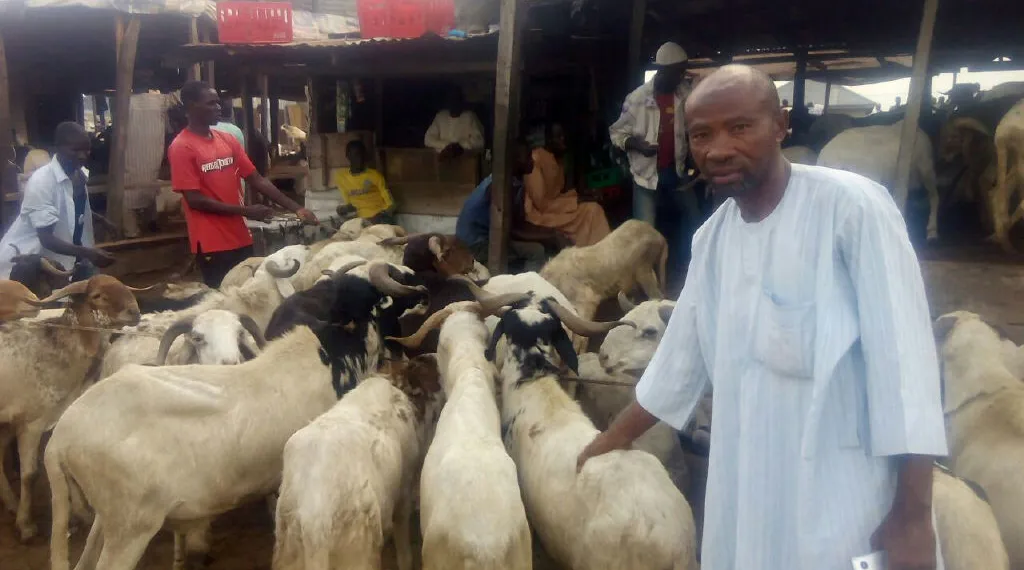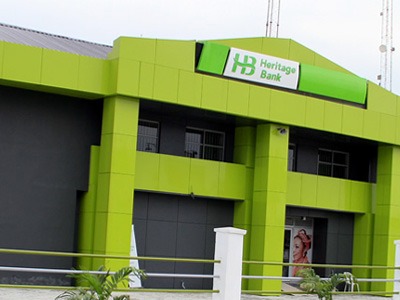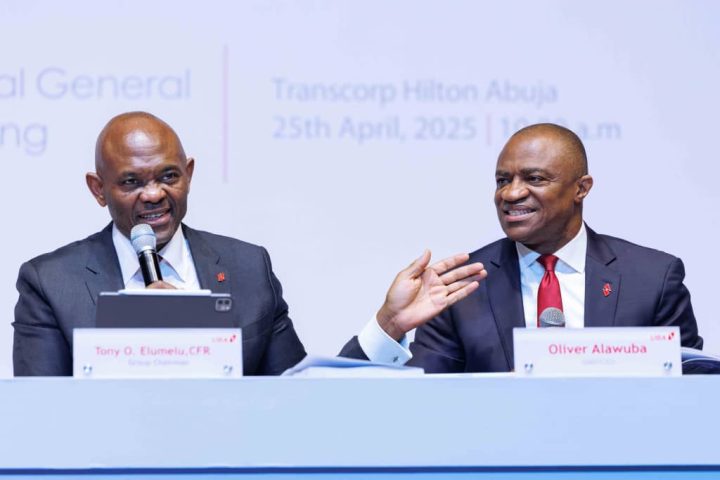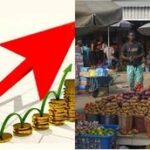As the Sallah celebrations approach, ram sellers across Nigeria are facing a challenging situation.
The combination of economic difficulties, insecurity, and high transportation costs has resulted in low patronage, causing concern among traders.
Join our WhatsApp ChannelIbrahim Yusuf, a cattle trader in Ibafo, Ogun State, expressed his frustration. “Rams are so costly this year because of the insecurity in the North,” he said. “We no longer get rams there anymore. We have to travel to Mali most of the time, and the money we spend in that process is contributing to the high prices.”
In Arepo, Ogun State, another trader, identified only as Muhammed, shared similar concerns. “The activities of insurgents and banditry have reduced the supply of rams from the North,” he explained. “The profits we make now are meagre, compared to the amount we spend on getting the rams here from Mali. Rams are very expensive this year, ranging from N300,000 to N650,000, depending on the size.”
In Lagos, a seller in the Ijaiye area, who preferred to remain anonymous, noted the high prices as well. “Prices of rams are high now due to the current situation in the country. The smallest ram here now is N300,000. If you have N200,000, I can still find one for you, but generally, we have rams of N400,000, N600,000, and N800,000. The cost of transporting the rams to Lagos is a significant factor.”
READ ALSO: Photo Story: Senate President Akpabio Pays Sallah Visit To Predecessor Lawan In Abuja
In Gombe State, at Tike market in Pantami, a seller named Dan Garba highlighted the drastic increase in prices. “Now, we have N800,000 rams, but last year, we sold the same size for N350,000 to N450,000,” he said. “The cheapest ram here is N150,000, which was the price for the same ram sold for N75,000 last year.”
Another trader, Sultan Abubakar, expressed worry over the lack of customers. “Customers are not coming to buy. If they don’t come, how will I take care of my family? I can’t sell below the cost price, or I won’t recover my money.”
In Bauchi State, Olaniyi Musa, who buys and distributes rams to southern states, said inflation had affected prices. “Compared to last year’s festival season, the price of animals has skyrocketed. The inflation rate, coupled with the shortage of rain have impacted the prices. Last year, we bought animals at the lowest price of N40,000 to N45,000, while this year, the lowest price is N100,000.”
Zakariya Mato, the Treasurer of the Association of Buyers of Animals and Animal Feeds in Bauchi, confirmed the increase in prices. “Rams are selling for N400,000, N300,000, N200,000, and N100,000. The low turnout of buyers is due to traditions in Bauchi State where buyers come to the market two to three days before Sallah to avoid theft at home.”
Dahiru Garba, another cattle seller in Bauchi, noted the decline in demand. “Last year, my customers from Kano, Kaduna, Katsina, and other northern states were calling me to send animals to them. This year, it’s different.”
Buyers are also feeling the pinch. Hassan Ismail lamented the high prices. “A medium-sized ram that was sold for about N70,000 last year, is now between N110,000 and N120,000,” he said. “It is disheartening that the price of these essential items is getting so high. How can an ordinary man celebrate Sallah in this situation? I don’t think I will buy any ram this year.”
Shamsudeen Ibrahim shared his decision to forgo purchasing a ram. “I have already made up my mind not to buy anything this year. I cannot afford close to N200,000 for a ram. I will explain to my children, and I am sure they will understand.”
Abubakar Salami, who sells cattle, summed up the market situation. “The market this year is bad compared to last year,” he said.
As Sallah approaches, both sellers and buyers are feeling the impact of the current economic challenges, highlighting the need for solutions to ease the burden on traders and consumers alike.
Emmanuel Ochayi is a journalist. He is a graduate of the University of Lagos, School of first choice and the nations pride. Emmanuel is keen on exploring writing angles in different areas, including Business, climate change, politics, Education, and others.
- Emmanuel Ochayihttps://www.primebusiness.africa/author/ochayi/
- Emmanuel Ochayihttps://www.primebusiness.africa/author/ochayi/
- Emmanuel Ochayihttps://www.primebusiness.africa/author/ochayi/
- Emmanuel Ochayihttps://www.primebusiness.africa/author/ochayi/


















Follow Us